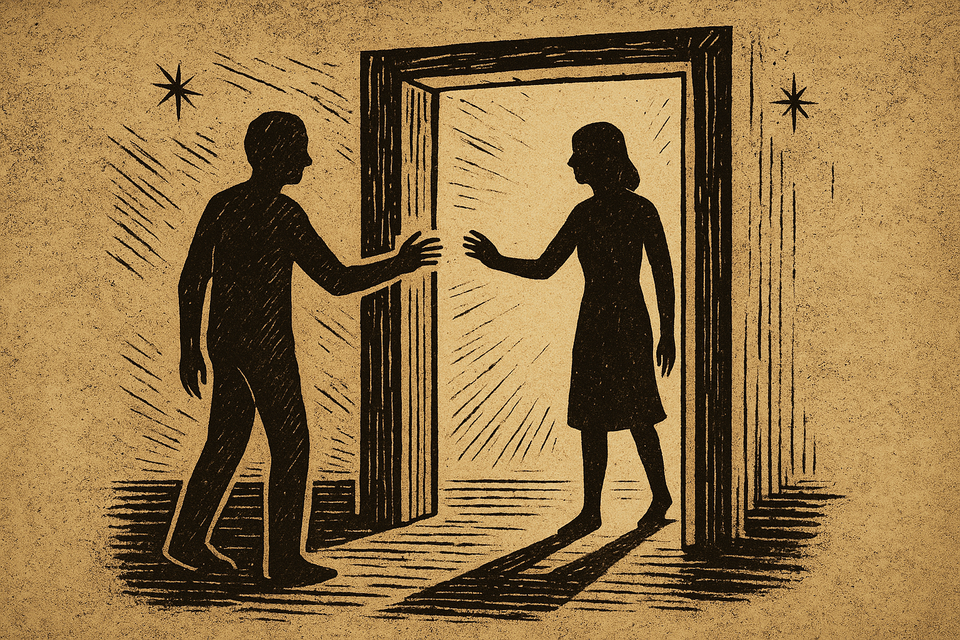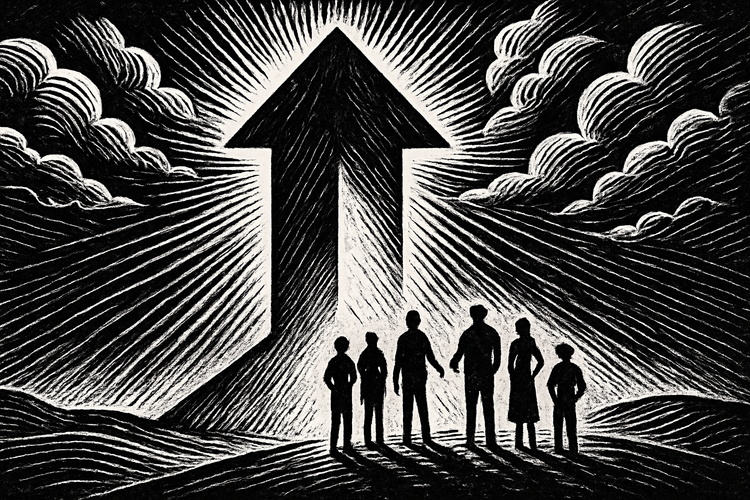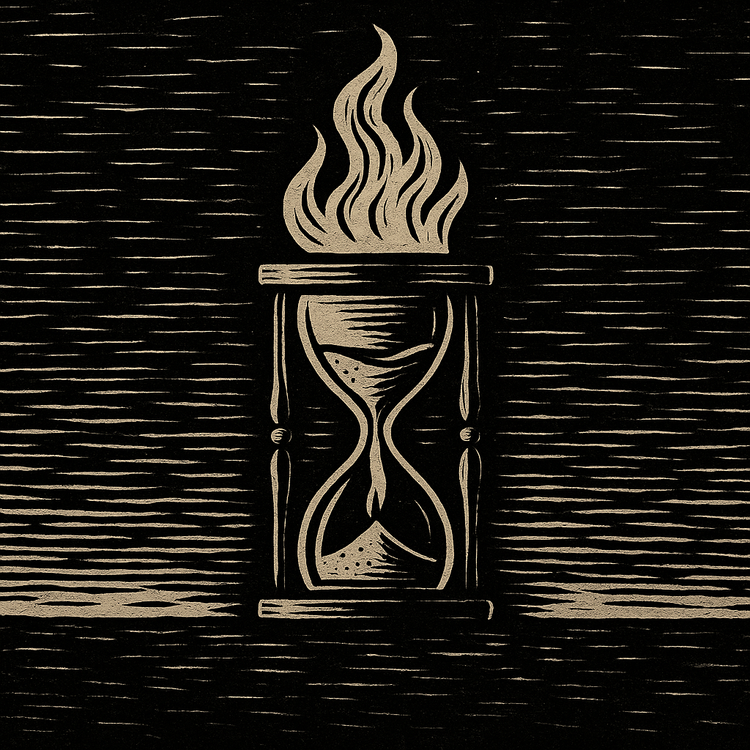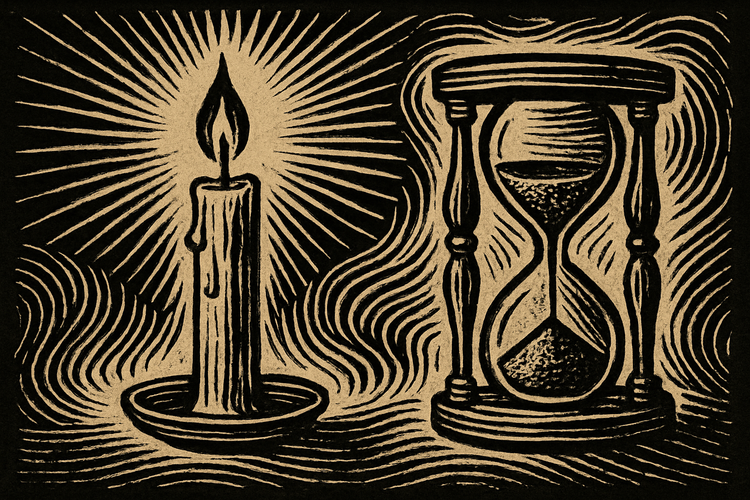The Good Place S3E6 "A Fractured Inheritance"

Spoiler Warning: This reflection contains full spoilers for The Good Place, including retrospective insights and thematic allusions. It assumes familiarity with the entire series and is written from the perspective of a rewatch.
Some changes feel like a gift; others feel like a theft. For Eleanor, the shock of seeing her mother living a seemingly happy, stable life is less relief than loss. If this new version is real, it means change was always possible—and that her mother chose not to make it when Eleanor needed her most. For Tahani, facing her sister Kamilah uncovers a different truth: that the wall between them was built by the same parents who left them both scrambling for approval. In A Fractured Inheritance, the question isn’t just whether people can change, but whether you can accept who they’ve become when the change arrives too late for you.
The Good Mother That Wasn’t
Eleanor arrives expecting to expose her mother’s new life as a con, only to find every detail of the story holding up under scrutiny. Her mother is remarried, active in the PTA, and visibly at ease in a life that looks nothing like the one Eleanor grew up in. The more convincing it becomes, the more it hurts. If her mother could be this person, why didn’t she change for Eleanor? Why wasn’t she worth the effort? The sting isn’t in doubting the transformation—it’s in knowing it came after Eleanor had already learned to live without it.
Shared Scars
Tahani’s path runs parallel but in reverse. Reuniting with Kamilah, she braces for more of the aloof dismissal that has defined their relationship. What she finds instead is recognition: Kamilah, too, was crushed under the weight of their parents’ impossible standards. Both women spent their lives overcompensating in different directions—Tahani with grand gestures, Kamilah with icy detachment. Naming that shared loneliness allows the first crack in the wall between them, and reconciliation begins not with sweeping forgiveness, but with the quieter work of seeing each other clearly.
In A Fractured Inheritance, change is neither purely redemptive nor entirely hollow. Eleanor can’t rewrite her childhood, and Tahani can’t undo years of rivalry. But they can meet the present versions of the people who shaped them, and decide whether to leave the door open. Sometimes acceptance isn’t about erasing the hurt—it’s about making room for what’s here now.



Comments ()